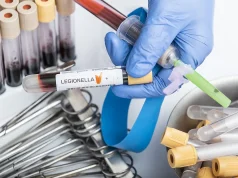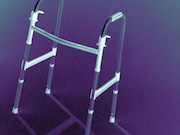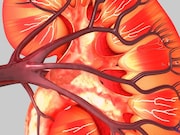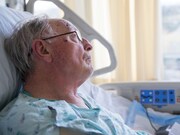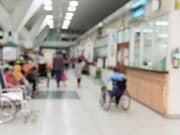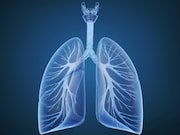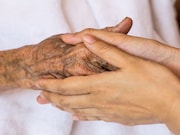Knee, Hip Arthritis Increase Risk for Social Isolation in Elderly
Findings based on multicountry, European study
Fewer Women Than Men Receive Kidney Replacement Therapy
Findings consistent across decades for nine European countries
Prophylactic Melatonin Does Not Cut Delirium After Major Cardiac Surgery
Findings based on results of randomized trial of patients undergoing major cardiac surgery
Limited English Proficiency May Worsen Chronic Disease Outcome
Findings seen in patients discharged from academic medical centers in Toronto with COPD or heart failure
CVD Risk Declines When BP Meds Taken at Bedtime
Patients routinely taking antihypertensive meds at bedtime have lower risk for CV events, death
Personal Colorectal Cancer Risk Should Drive Screening
Panel issues weak recommendations for options in adults aged 50 to 79 years with no prior screening
Long Sleep Duration Linked to Cognitive Decline in Hispanics
Long sleep duration predicts seven-year cognitive decline in U.S. Hispanics/Latinos
Life-Gained Selection Maximizes Lung Cancer Screening Benefits
Selection based on gains in life expectancy can increase total life expectancy from CT screening
Most Cardiovascular Disease Deaths Now Occur at Home
In 2017, 27.3 percent of CVD deaths occurred in the hospital, while 30.9 percent occurred at home
Nonpharmacologic Interventions Reduce Agitation in Dementia
Nonpharmacologic more efficacious than pharmacologic interventions for reducing aggression, agitation





